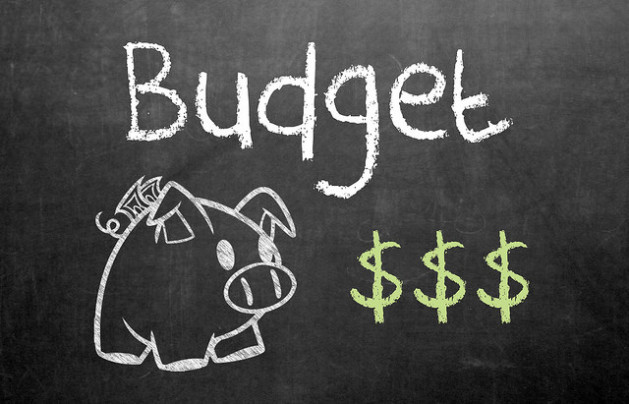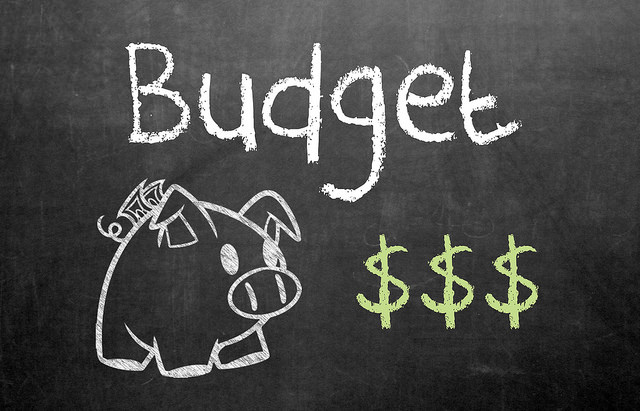
Most budgeting programs consider only what we’ve spent, and this uses prior spending history for making current spending decisions. If my earlier spending habits were not successful there isn’t much reason to let those habits guide current money decisions.
I now use zero sum budgeting and it allows me to make today’s spending decisions based upon today’s needs. By making on the spot adjustments during the spending cycle or month, I have greater control over my cash management.
Zero sum budgeting allows me to move dollars from one budget group to another in real-time. For instance, if I have set aside $500.00 for groceries in a month but find I’m going to need more in that account several weeks later, I can make an easy adjustment.
As example, the Grocery budget can increase by $100.00 at any time by moving dollars from another group like Dining Out (take out $100.00) and adding them into the food group (add $100.00). Of course, Dining Out now has $100.00 less, but more importantly the Grocery budget will still be in check.
Some people may say this is like the old adage, “‘I’m robbing Peter to pay Paul”. But this isn’t robbing one group to pay another. It is a budget decision to dine out less this month and have needed money to spend on groceries.
My budget groups are common ones like Grocery, Utility, Rent, Auto Expense (fuel), Insurances, Credit Card, Savings, and others. The flexible ones are Dining Out, Clothes, Entertainment and Pocket-Money. Using several month’s checking account debits gave me a good idea for categories to use.
Here are three easy steps for follow to for using this method:
Budget Every Dollar of Income Until You Reach $0.00
Begin the process by loading money into all groups where the dollars will buy current month necessities. Examples: rent, insurance, credit card debt, other loans, groceries, and utilities.
Identifying categories that have a fudge factor creates flexibility. These could be household goods, fuel for cars, clothing, charitable, savings, others. Finally, dollars go into areas like cash for emergencies, dining out, entertainment, and pocket-money.
The goal is to commit all dollars in your checking account on the first day of each month until $0.00 are left. When new income enters during the month, add this into the budget until it equals $0.00 dollars.
Make Your Budget Flexible
I begin the first day of a month with my checking balance and call it Money Available. Each dollar is given a job in my budget until I run out of available money to distribute. Budgeting every dollar of income is putting money to work where it’s of most benefit.
It also accounts for those current dollars that are committed to later bills, like auto-debited insurance premiums. This builds flexibility since I won’t make the mistake of thinking all the money in my checking balance is to spend.
I can increase money in any group that needs it by moving dollars from a group that hasn’t been tapped as much. Actively working my budget groups keeps me from over spending.
Golden rule: never overspend a group to red ink or negative dollars!
Build A Cushion
Save dollars each month! Do not feel that you have to spend every dollar in every group each month.
Build cushion each month, regardless how small it is. Eventually you will pay current month’s bills with last month’s income. As far-fetched as this may seem, it is true and it will happen. Check this video for a demonstration.
Just keep actively making budget decisions each week. The flex groups give fudge room for other groups. Don’t overspend any group and don’t spend just because groups have dollars left at month’s end.
It takes time to build a full month’s cushion. The only way to do it is by managing income and keeping the budget balanced throughout the month.
Remember this old saying, “mighty oaks from little acorns grow!”
Finally, I always found that curtailing my spending habits was never quite enough to allow me to reach personal goals. I could live frugally and still not get ahead of the game so to speak. Zero sum budgeting is a good way to get out of debt and live each month with a healthy cushion.
I have also had a lifelong interest in personal finance and have taught community classes to a varied of groups.
Investment experience in Equities-REITS-Oil & Gas Royalties-Utilities-Varied Fixed Income.
Contact: http://livingonamargin.blogspot.com/
JG is not a registered investment representative. The opinions of the author are not recommendations to either buy or sell any security. Know your level of risk tolerance and remember to do your own research prior to making any investment decision.
Article Source: http://EzineArticles.com/?expert=JG_Chambers



